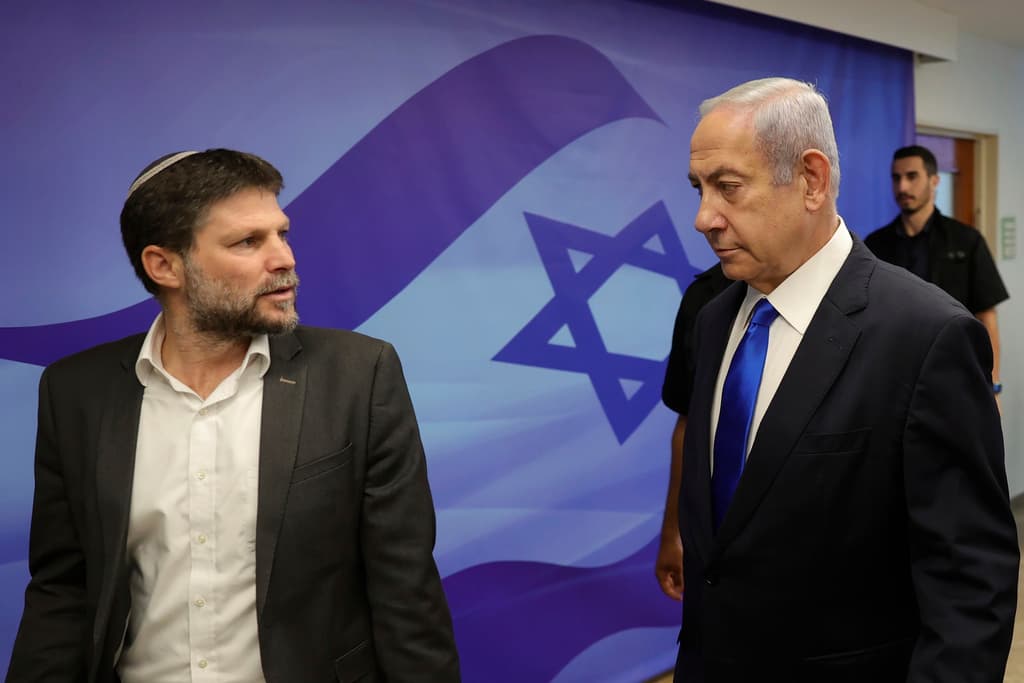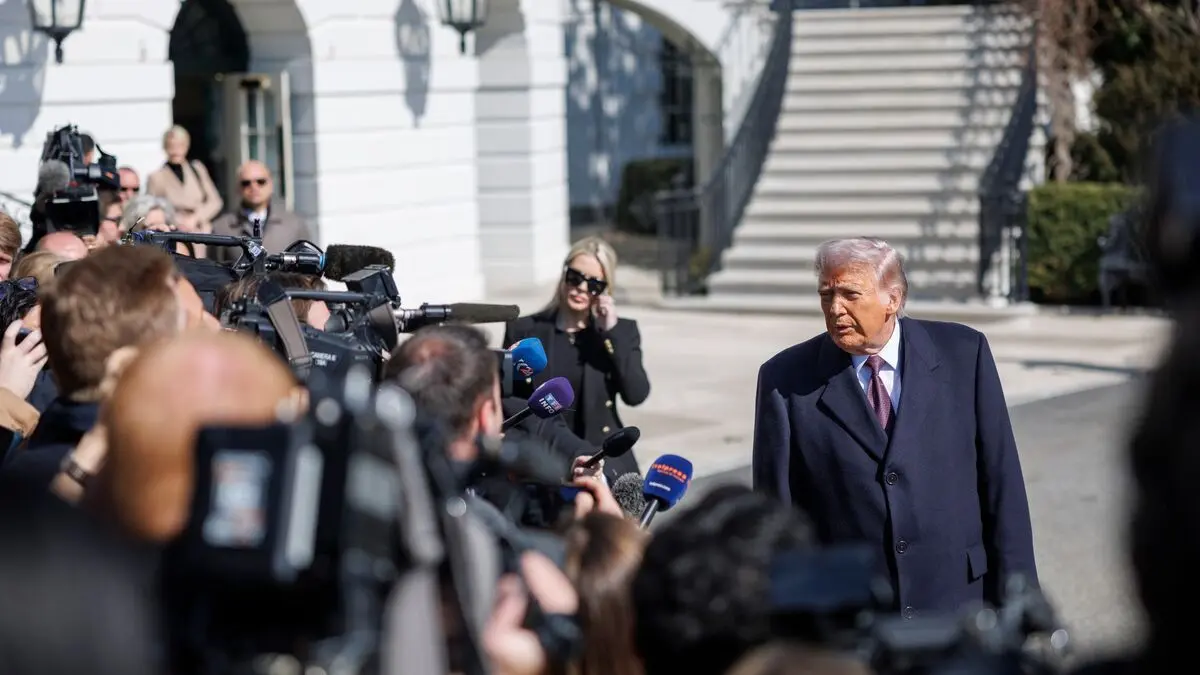With an Israeli proposal for a ceasefire on the table, the world is on edge. But Benjamin Netanyahu seems to be sitting in a precarious raven's nest.
Two right-wing extremist ministers threaten to topple the government if the prime minister accepts the proposal.
The proposed agreement would mean a victory for terrorism, claims the controversial security minister Itamar Ben-Gvir.
"Such a deal is not the absolute victory – but the absolute defeat," wrote the ultranationalist on X on Saturday evening and emphasized that his party would dissolve the government if Netanyahu enters into an agreement with Hamas.
His colleague, Finance Minister Bezalel Smotrich, gave the same warning.
Ben-Gvir's and Smotrich's ultranationalist parties are crucial for Netanyahu's fragile right-wing coalition majority in parliament. If they withdraw from the coalition, the government will collapse. Opposition leader Yair Lapid has promised to act as a safety net for Netanyahu's government if that happens.
"The State of Israel should accept the agreement presented by Biden, since they are running out of time," writes Lapid on X, referring to the hostages held by Hamas in Gaza.
Ophir Falk, Netanyahu's top foreign policy advisor, tells The Sunday Times that the government does not oppose the proposal – but that many details remain.
Meanwhile, tens of thousands of Israelis have gathered on the streets with demands for a comprehensive agreement – as well as Netanyahu's resignation and a new election. On Saturday evening, 120,000 people demonstrated in Tel Aviv, according to Times of Israel. Several people were arrested and a dozen police officers were injured after a brawl broke out between protesters and police.
The draft ceasefire was presented by US President Joe Biden on Friday, but was presented as an Israeli proposal.
The agreement consists of three phases. Briefly, the first phase means a six-week ceasefire, the second phase involves the release of all hostages, and the third and final phase is a comprehensive rebuilding plan for Gaza.
The proposal for a ceasefire that is on the negotiating table consists of three phases.
The first phase lasts for six weeks and means a complete ceasefire, Israeli forces withdrawing from "all populated areas in Gaza" and a number of hostages being exchanged for hundreds of Palestinian prisoners.
Before phase two begins, the parties must agree on "necessary arrangements". The second phase would mean a permanent end to the fighting, the release of all remaining living hostages, and all Israeli forces leaving Gaza.
In the third phase, the remains of the hostages who are no longer alive will also be returned and a comprehensive rebuilding plan will be initiated.






